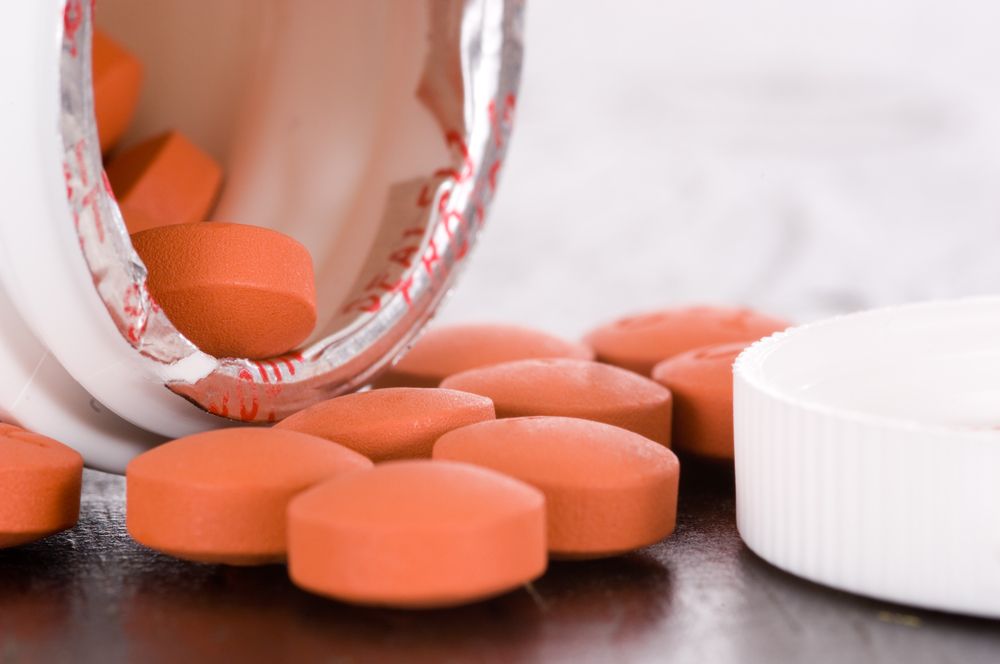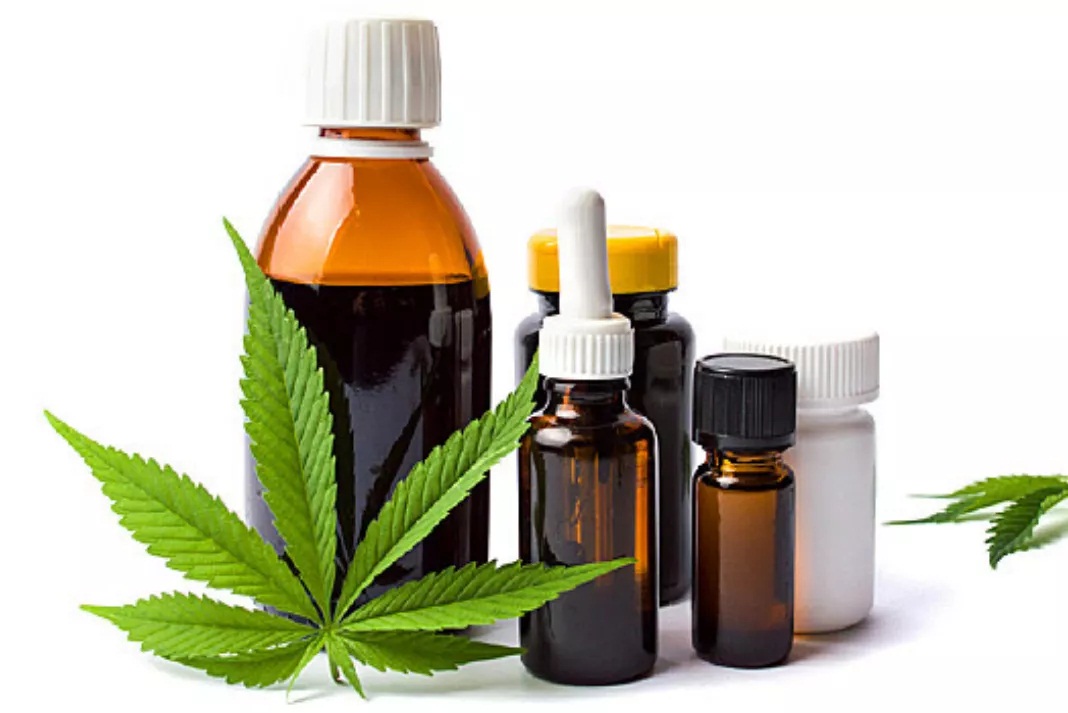In gout, abundance uric acid in the blood frames sharp precious stones in and around the joints. Painful attacks, otherwise called flares go back and forth, frequently beginning in the huge toe. Drugs for gout have two purposes: to get rid of the pain and aggravation of intense attacks and to control uric acid to avoid future attacks. A few meds might be utilized uniquely during assaults while others must be taken long haul, notwithstanding when you have no side effects.
Colchicine is an oral anti-inflammatory medication recommended for intense attacks or when uric acid attacks have started to bring down the attacks. It treats the pain and aggravation of intense attacks. It counteracts gout flares when beginning a drug that brings down uric corrosive dimensions. You ought not to take colchicine if you have liver or kidney problem. Colchicine is best whenever taken at the primary indications of a gout attack. It is accessible alongside probenecid, a medication that enables the body to dispose of uric acid, in a single pill under the exchange name Col-Benemid.
Corticosteroids are also are amazing calming drugs that might be recommended to control pain and irritation of intense attacks. Corticosteroids work quickly to lessen aggravation and can be taken orally, infused foundationally or legitimately into kindled joints. They can cause genuine medical issues whenever utilized in high dosages or for quite a while. Successive joint infusions could prompt tendon and ligament harm. Take these medications precisely as recommended. Follow the guidelines, for example, taking with a lot of water, dodging liquor while on the medication, or not taking with grapefruit juice. Not taking your gout prescriptions reliably could result in gout flares. Never take colchicine for torment inconsequential to gout. Like all medications, gout meds can possibly cause symptoms– some of them risky. Check with your specialist or drug specialist for a total rundown of reactions for each medication you are endorsed.




